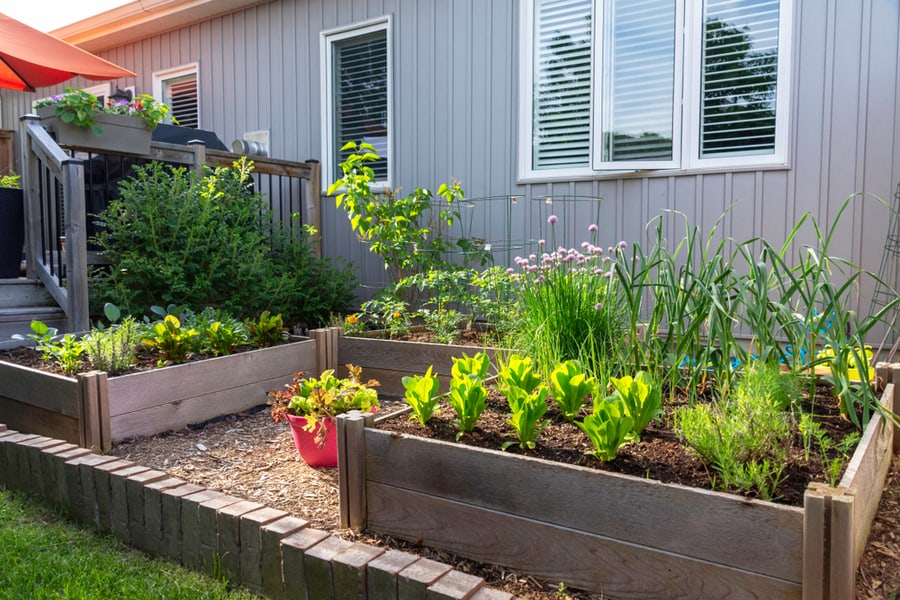
Raised garden beds are a great idea, often because they let plants grow closer together, which means less space between them and easier access to water and nutrients.
Raised beds also help water drain better and keep the soil from getting packed down into hard layers.
At first glance, a raised bed might not look very nice, but it has benefits. The main benefit is that it lets plants grow to their fullest potential and is often more productive than beds in the ground.
This is because the soil is less compacted, drains better, and warms up earlier in the spring, so plants can start to grow earlier in the season.
Having slugs destroy your raised beds is very annoying, and every gardener tries to avoid them as much as possible.
The question is, how can you stop these slugs from destroying it? Well, this article has everything you need to know.
The best ways to keep slugs out of your raised beds are:
- Remove their hidey-hole
- Utilize bait and traps
- Remove them by picking
- Increase the presence of natural predators
- Surround your raised garden beds with copper
- Use barriers like eggshells and pine needles
- Apply nematodes in the affected soil
In this article, we’ll talk about the seven best ways to keep slugs from damaging your raised beds. We’ll also give you some tips and tricks and other information, so let’s get started!
7 Best Techniques To Keep Slugs Out of Your Raised Beds
In this section, we’ll discuss seven best-tested and proven methods that are quite beneficial in helping to prevent slugs from causing damage to raised garden beds:
1. Remove Their Hidey-Hole
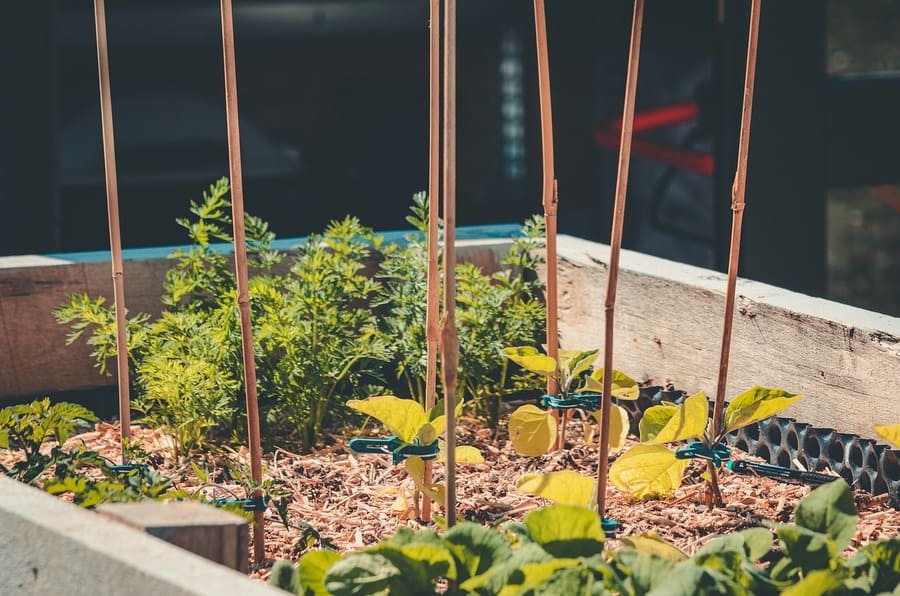
To get rid of slugs from raised beds, you should first try to find and get rid of their daytime hiding places as much as you can.
Slugs like to hang out in tall weeds or under anything on or close to the ground, especially in damp, shady areas.
We recommend looking for these slugs below boards, pot rims, planters, ledges, debris, and under protective ground coverings since these are all great hiding places for them.
Additionally, to make it difficult for them to stay in your raised bed garden, you should remove the bottoms of any low-hanging branches, use a weed torch to burn weeds, and remove any hiding corners.
2. Utilize Bait and Traps
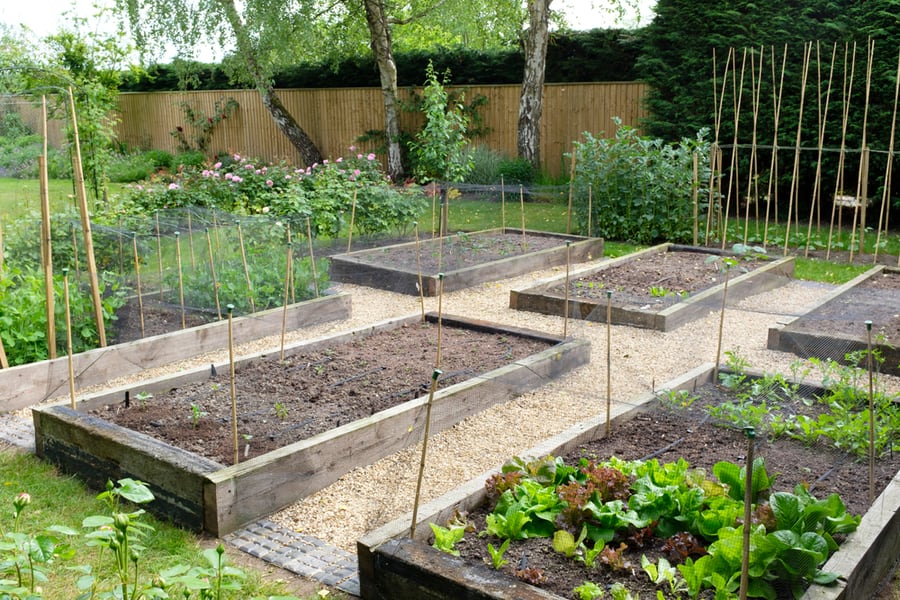
A good thing to remember is that trying to bait slugs is the same as attracting them. However, keep bait and traps away from plants you want to keep safe.
You can use a hidey-hole trap, just making a nice place for slugs to hide during the day. You can do this with any flat object or anything that would make a good home.
You may achieve this successfully by using a piece of plywood, a piece of thick dark plastic, plant saucers, containers that have been flipped upside down, or anything else that will create cool shade.
They also like to live in the rinds of oranges, grapefruits, and halves of melons.
After doing this, you should water the area, set out the trap materials, bait with a piece of a lettuce leaf, and come back in a day or two to remove and kill the creepy crawlies.
3. Remove Them by Picking Them
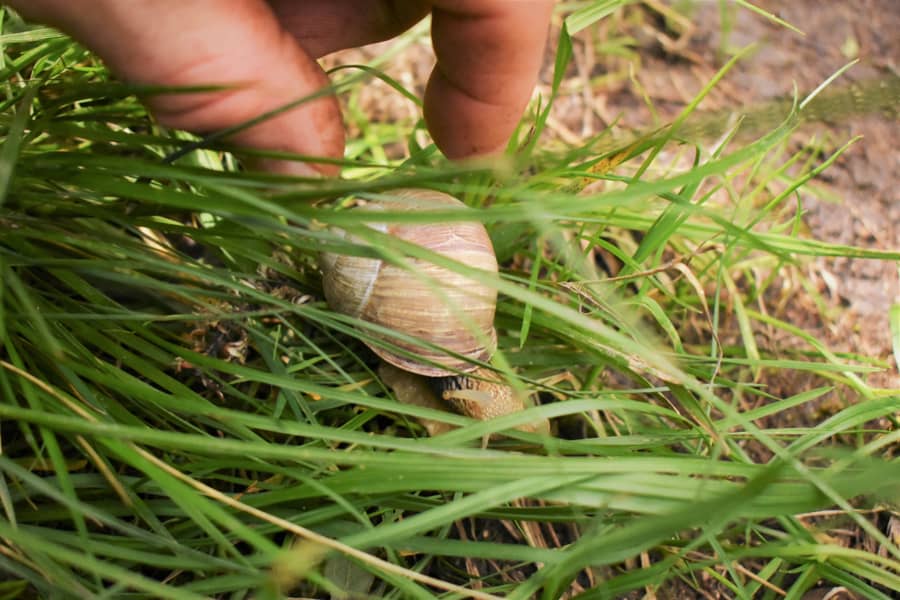
One of the easiest ways to get rid of snails and slugs is to pick them off your plants by hand.
However, this takes a long time and doesn’t guarantee they won’t come back. Most of the time, you’ll find them quickly.
Water it at night to get slugs and snails to an area. After dark, use a flashlight to find them, pick them up by hand, and throw them away. You should wear gloves for this method.
However, another method is to kill them by putting them in a bucket of soapy water or spraying them with diluted ammonia.
4. Increase the Presence of Natural Predators
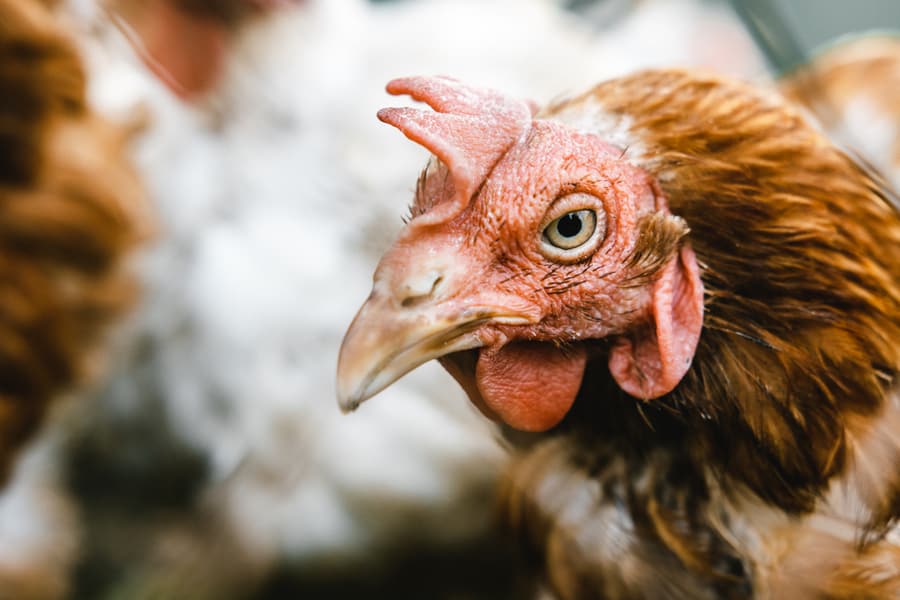
Adding natural predators, like chickens, is a great idea for raised gardens. These hens produce manure that can be used for composting, lay eggs that can be used for food, and turn the soil.
Additionally, they assist in the management of unwanted garden pests and insects.
5. Surround Your Raised Garden Beds With Copper

The salts that form when copper oxidizes also work as a repellent because of how slimy their bodies are.
This shock stops them, and they turn around quickly. Any area that needs protection may benefit from having uncoated copper flashing, banding, or mesh laid around it. These are all viable solutions.
6. Use Barriers Like Eggshells and Pine Needles
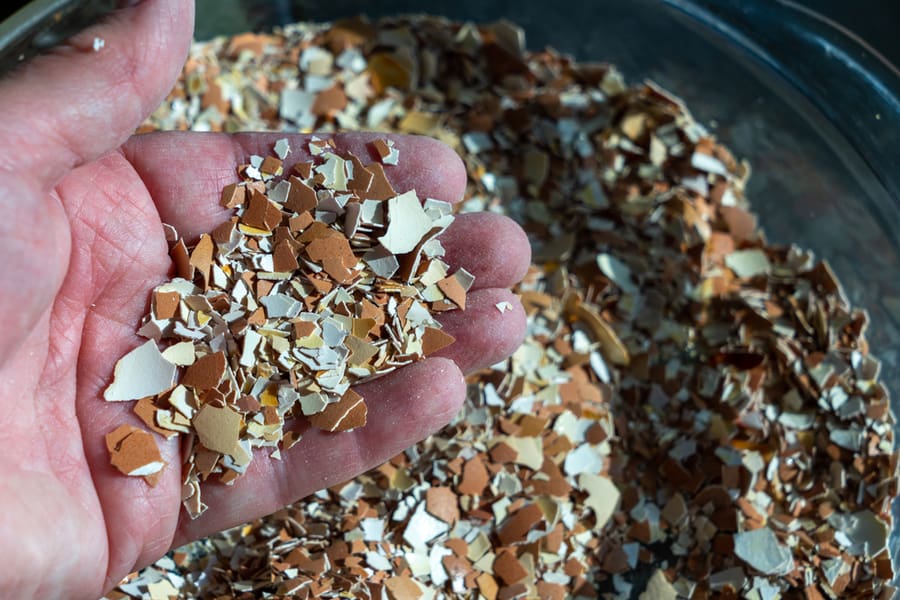
Eggshells are an excellent barrier for slugs by presenting sharp edges that force them to avoid your plants. They find moving through the broken, sharp edges difficult and uncomfortable.
On the other hand, pine needles, just like eggshells, are sharp, and the length of pine needles may vary anywhere from three to five inches.
Pine needles contain an intense aroma of pine and a sharp and resinous taste, both of which slugs despise and try to avoid.
7. Apply Nematodes in the Affected Soil
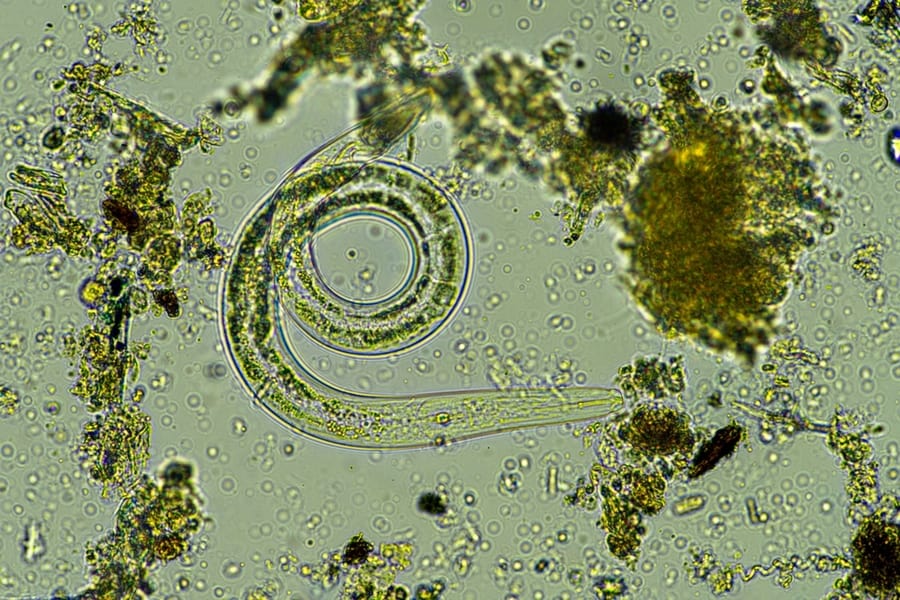
Nematodes are one of the greatest methods to help keep the slugs at bay if they keep coming back, even though they won’t kill adult slugs.
Instead, when placed in the soil, nematodes penetrate the slug eggs and release bacteria that destroy the eggs. The nematodes then feed off the eggs and multiply before moving to another area.
If you don’t already know, nematodes are tiny worms from nature and are used by mixing them with water.
The best time to use nematodes is in the spring when the soil has warmed up.
Takeaway
In addition to the previously mentioned measures, one of the most effective ways to prevent slugs from entering your raised garden is to use a product that controls slugs.
There are many kinds of slug control products on the market, each with pros and cons.
In the end, the best slug control product for your garden will depend on the type of slugs in it and how it is set up. It is important to understand how to keep slugs out of your raised garden, so they don’t do any damage.
Using all seven of the techniques outlined in this article guarantees that your plants and flowers thrive and remain healthy. Thanks for reading!
Frequently Asked Questions
What Do Slugs Hate Most?
Slugs avoid plants with very fragrant leaves, which include a great number of culinary and medicinal herbs. In addition, they have an allergy to plants with fuzzy or hairy leaves.
Why Are There So Many Slugs in My Raised Garden?
Your raised garden will be full of slugs and snails when it rains or after you water the plants. This is because slugs are creatures that thrive in damp environments.
This is because slugs lose a substantial portion of their total weight as they move about, so they will search for wet regions to survive.










